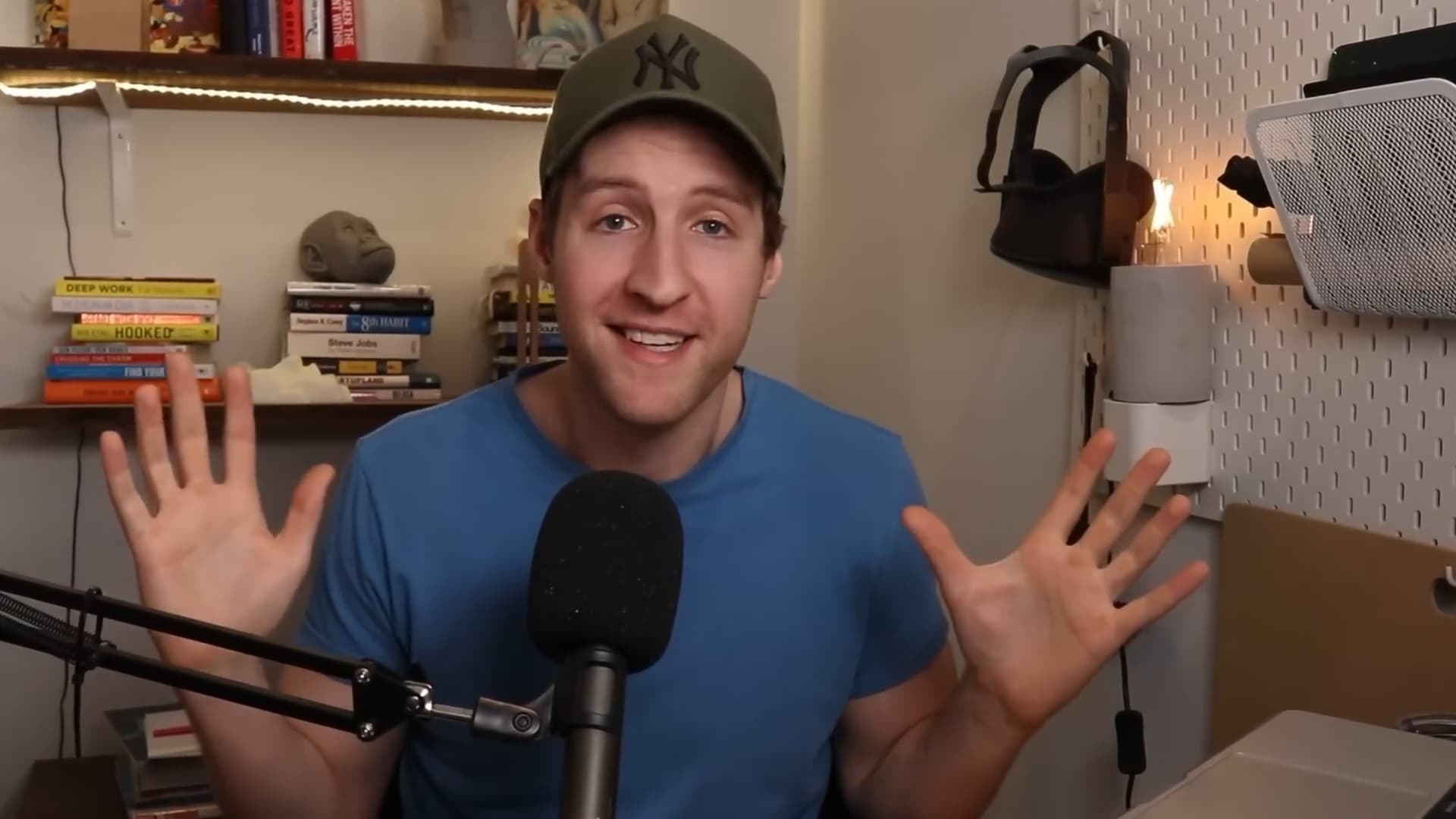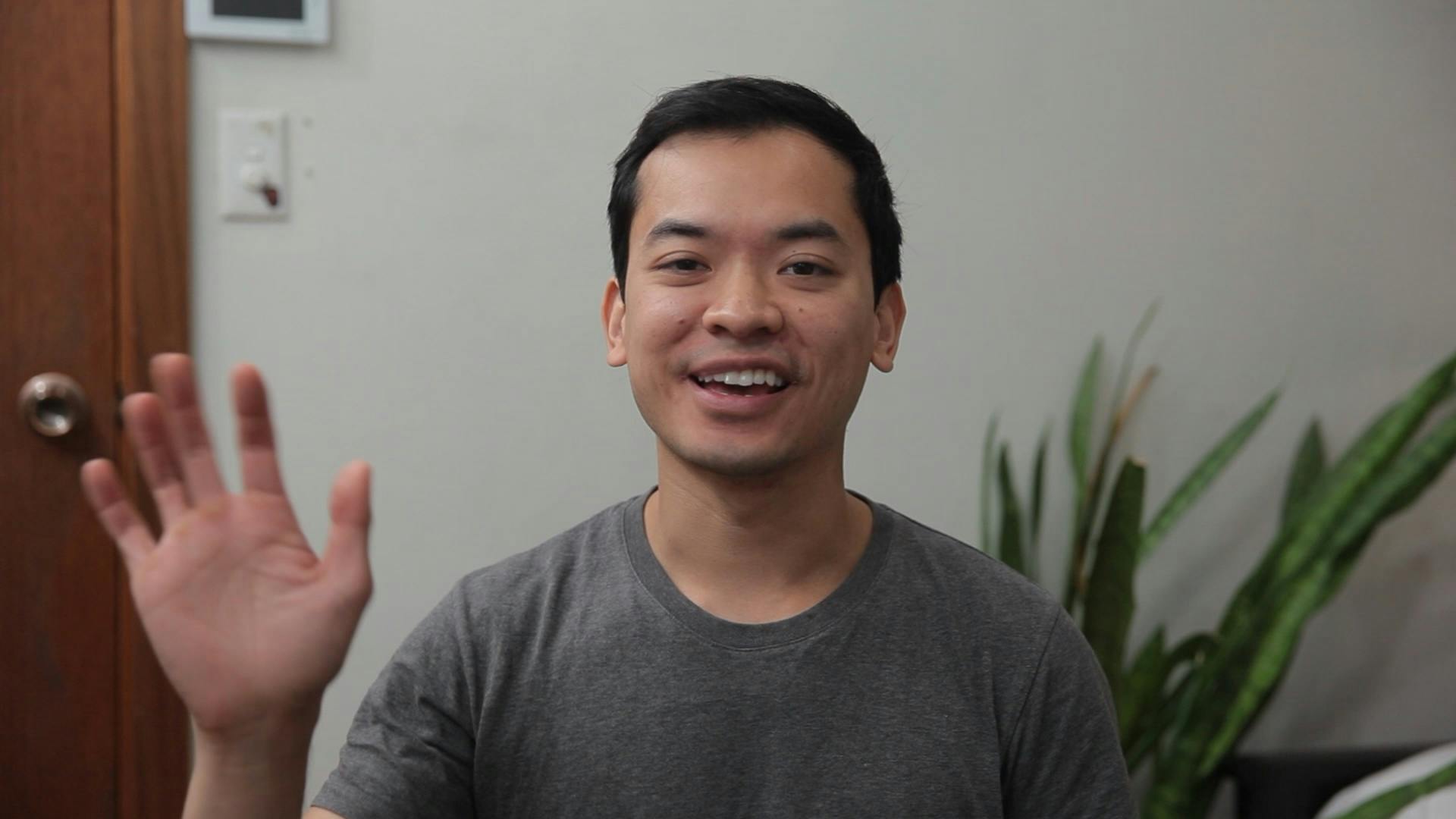Make content, build an audience, make a living from it.
We’re Ben & Francis, and we think the best way to make a living through making content is by truly being actually useful to people. Here you’ll find our best ideas on the nitty-gritty behind making content, playing the content game, and making sure you’re in the right content mindset.


